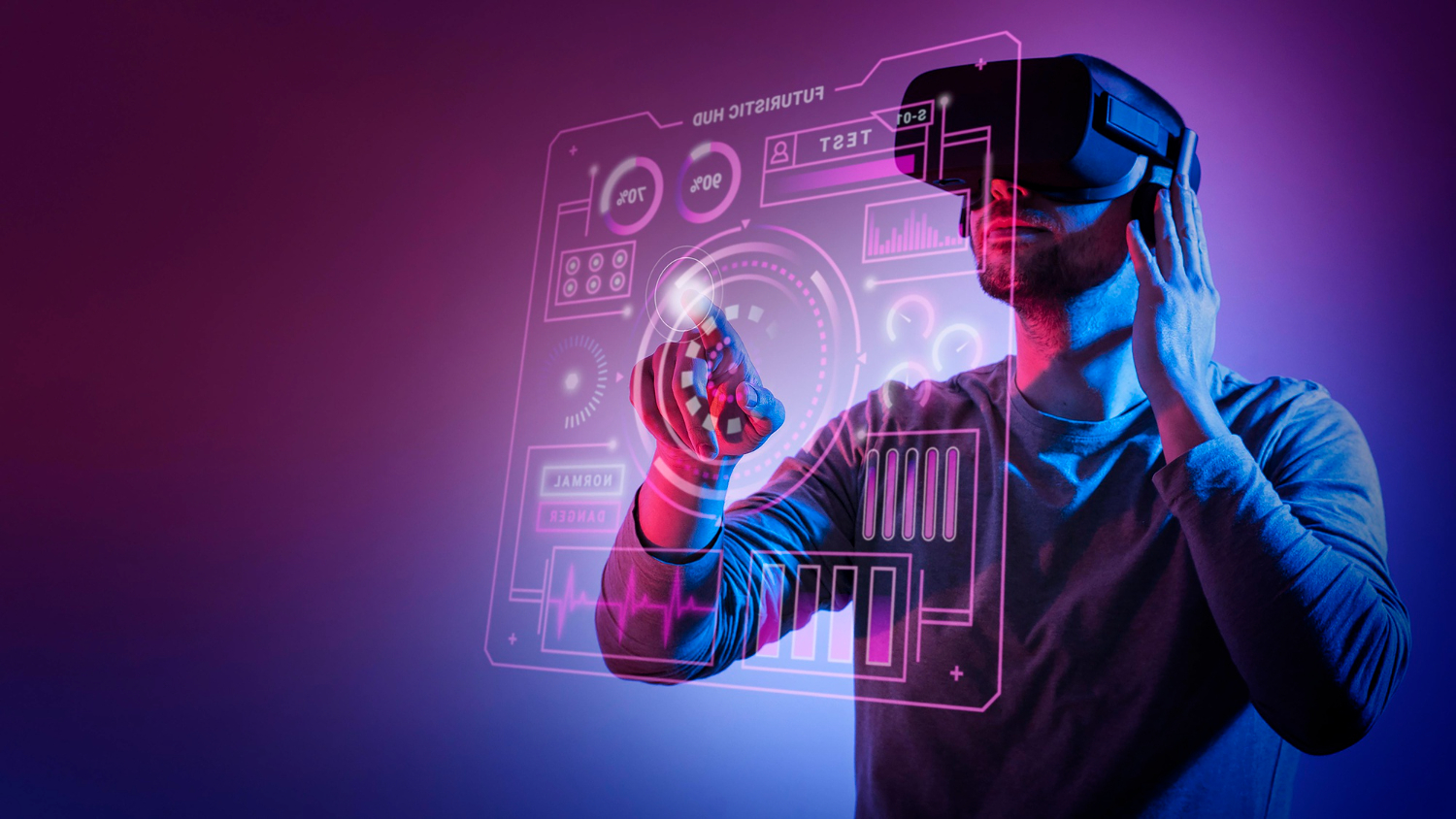
Table of Contents
- 1 Table of Contents
- 2 Key Takeaways
- 3 Introduction to Digital Identity in the Metaverse
- 4 The Evolution of Identity Verification in Virtual Worlds
- 5 Privacy Concerns and Data Security in the Metaverse
- 6 Digital Identity and Interoperability Across Virtual Platforms
- 7 Blockchain Technology and Digital Identity Management
- 8 The Socioeconomic Impacts of Digital Identity
- 9 Future Trends in Digital Identity Within the Metaverse
- 10 How Digital Identity Shapes User Interactions and Community Development
- 11 Conclusion: Towards a Unified and Secure Digital Identity Ecosystem
Table of Contents
- Introduction to Digital Identity in the Metaverse
- The Evolution of Identity Verification in Virtual Worlds
- Privacy Concerns and Data Security in the Metaverse
- Digital Identity and Interoperability Across Virtual Platforms
- Blockchain Technology and Digital Identity Management
- The Socioeconomic Impacts of Digital Identity
- Future Trends in Digital Identity Within the Metaverse
- How Digital Identity Shapes User Interactions and Community Development
- Conclusion: Towards a Unified and Secure Digital Identity Ecosystem
Key Takeaways
- Importance of secure and reliable digital identity in the metaverse.
- Challenges in ensuring privacy and security for users within virtual spaces.
- The role of blockchain and the potential for interoperability of digital identities.
- Socioeconomic implications and future trends of digital identity in virtual environments.
Introduction to Digital Identity in the Metaverse
In the modern age, where virtual environments are rapidly expanding, digital identity has become more critical than ever before. The metaverse is a virtual space that combines both physical reality and online virtual space. This shared space requires solid and reliable systems to ensure the security and authenticity of digital identities.
The Evolution of Identity Verification in Virtual Worlds
The digital world has come a long way since the days of basic avatars, which were simple graphic representations of users. Nowadays, digital personas are more sophisticated and encompass a user’s attributes and reputation. Industry experts like Virginia Chipurnoi have emphasized the importance of reliable digital identities for safe and seamless experiences in virtual spaces. To accommodate the multifaceted nature of human identity, today’s virtual spaces demand a more nuanced approach to identity verification. Biometrics, AI, and machine learning play an ever-increasing role in achieving accurate and lifelike representations of oneself in the digital world, thus providing a seamless transition between the physical and virtual selves.
Privacy Concerns and Data Security in the Metaverse
The surge in metaverse platforms brings with it significant privacy concerns. Personal information and data have become commodities, making stringent data security measures mandatory. Users face a dilemma: how to enjoy a personalized digital experience without compromising their privacy. This balancing act is a focal subject of debate, as privacy cannot merely be an afterthought in the design and implementation of virtual spaces.
Digital Identity and Interoperability Across Virtual Platforms
A single digital identity that works across multiple platforms could create a seamless user experience akin to a passport that opens doors to different virtual worlds. However, this idea poses questions of standardization and integration across the metaverse’s numerous environments. Interoperability is the key to overcoming such challenges, but it has its pitfalls. Platform providers’ technology, policies, and collective will must converge to make this a reality for the average consumer.
Blockchain Technology and Digital Identity Management
Blockchain stands out as a revolutionary technology with the potential to reshape digital identity management. Its decentralized nature allows for an immutable ledger of identity transactions, instilling confidence in the integrity of digital personas. The adoption of self-sovereign identity (SSI) models, which give individuals control over their data, is made more plausible through blockchain. Industry resources such as Decrypt explore the principles underlying SSI and blockchain’s synergy, fostering a deeper understanding of their role in the future of digital identity.
The Socioeconomic Impacts of Digital Identity
As the metaverse becomes more ingrained into the fabric of society, its socioeconomic impact is profound. Digital identity opens the doors to global inclusivity, allowing users from all walks of life to participate in a shared virtual economy. However, as with technological advancement, one must be cautious about potential socioeconomic divisions. Access to technology, knowledge, and resources can dictate who benefits from the digital identity revolution and who is left behind, highlighting the necessity of inclusive design and equal access provisions.
Future Trends in Digital Identity Within the Metaverse
Looking ahead, the future of digital identity within the metaverse seems poised for rapid growth and innovation. Predictions point towards more secure and user-friendly identification methods, leveraging emerging technologies. Such advancements will affect user experience and shape regulatory frameworks as governments and corporations seek to establish norms and standards for digital identity within these virtual spaces.
How Digital Identity Shapes User Interactions and Community Development
At the heart of the metaverse lie its communities—networks of individual users who interact and form relationships much like in the physical world. Digital identities play a central role in shaping these interactions. As in the real world, trust is paramount in virtual communities; believable and authentic digital personas are essential for fostering this trust. As users become more comfortable with their virtual identities, the depth and richness of community engagement will undoubtedly flourish.
Conclusion: Towards a Unified and Secure Digital Identity Ecosystem
The conversation surrounding digital identity in the metaverse is complex, encompassing technological, regulatory, and societal dimensions. Yet, the potential benefits of a secure, unified digital identity ecosystem are undeniable. Such a system could vastly improve the integrity and reliability of user interactions in virtual spaces. Collaboration between technologists, policymakers, and the public will be crucial in overcoming challenges and realizing the full potential of digital identity in the metaverse. As we move forward, let’s aim to create an innovative, safe, inclusive, and fair digital environment for everyone.


